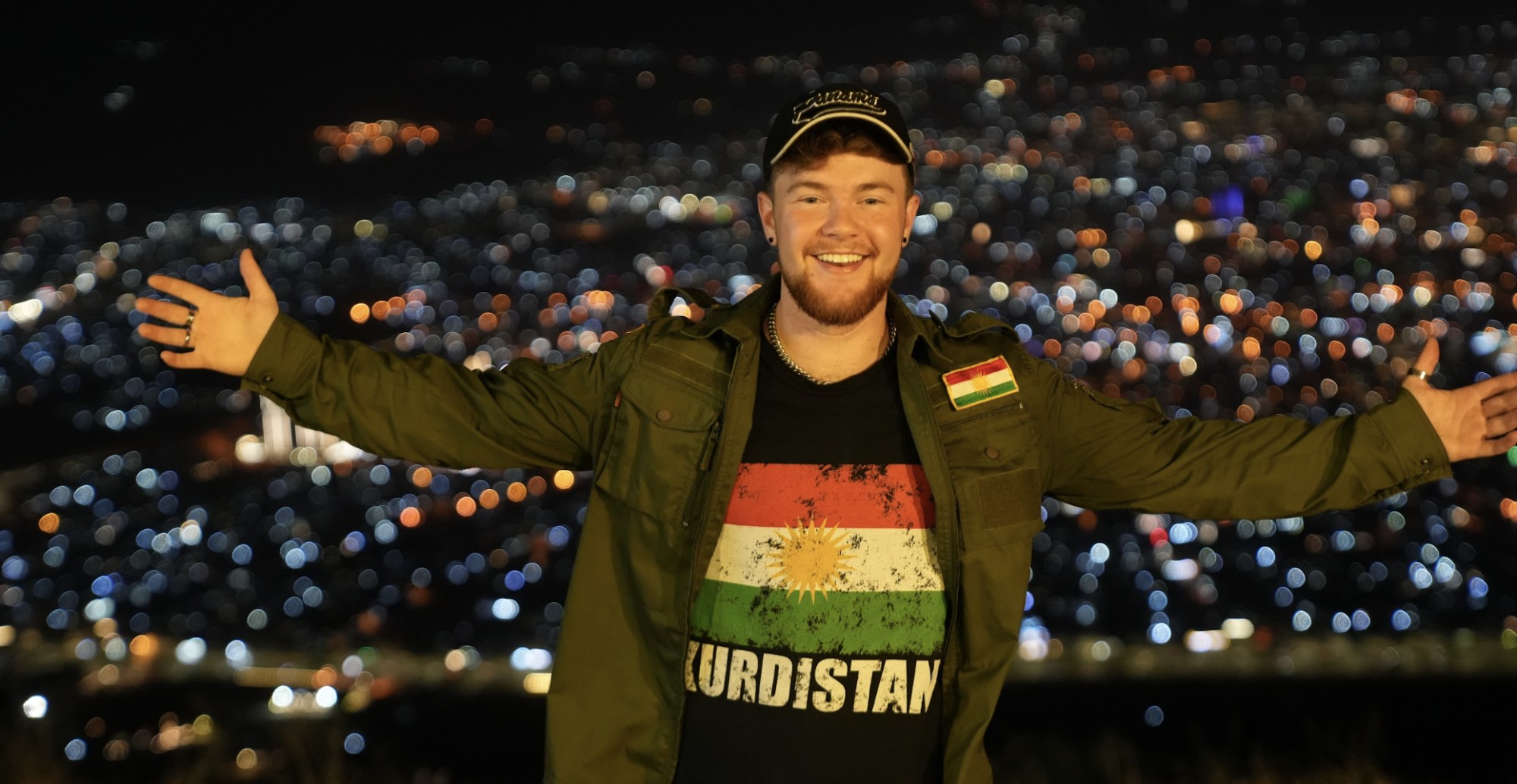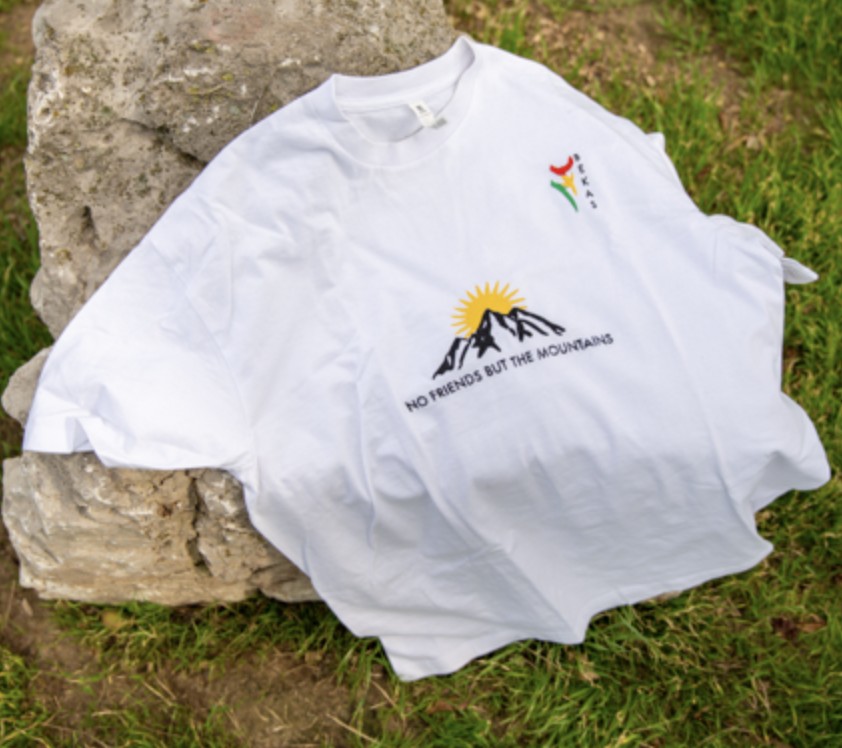Shaqlawa is a thriving mountain resort with around 30,000 residents, located 30 minutes northeast of Erbil. It attracts numerous tourists annually, particularly during the summer months.
“Its natural endowments encompass lush forests, a temperate and arid climate, considerable agricultural prospects, and a strategic proximity to Erbil,” Acting Governor of Shaqlawa, Karwan Karimkhan, told Kurdistan Chronicle.
“The majority of tourists arrive during the summer season. While Shaqlawa possesses the potential to be a year-round destination, insufficient attention has been paid to attracting visitors during other seasons,” he added.
During the weekends, the streets are often full of visitors, who stroll through the market, buy local products, or enjoy one of the town’s many restaurants.
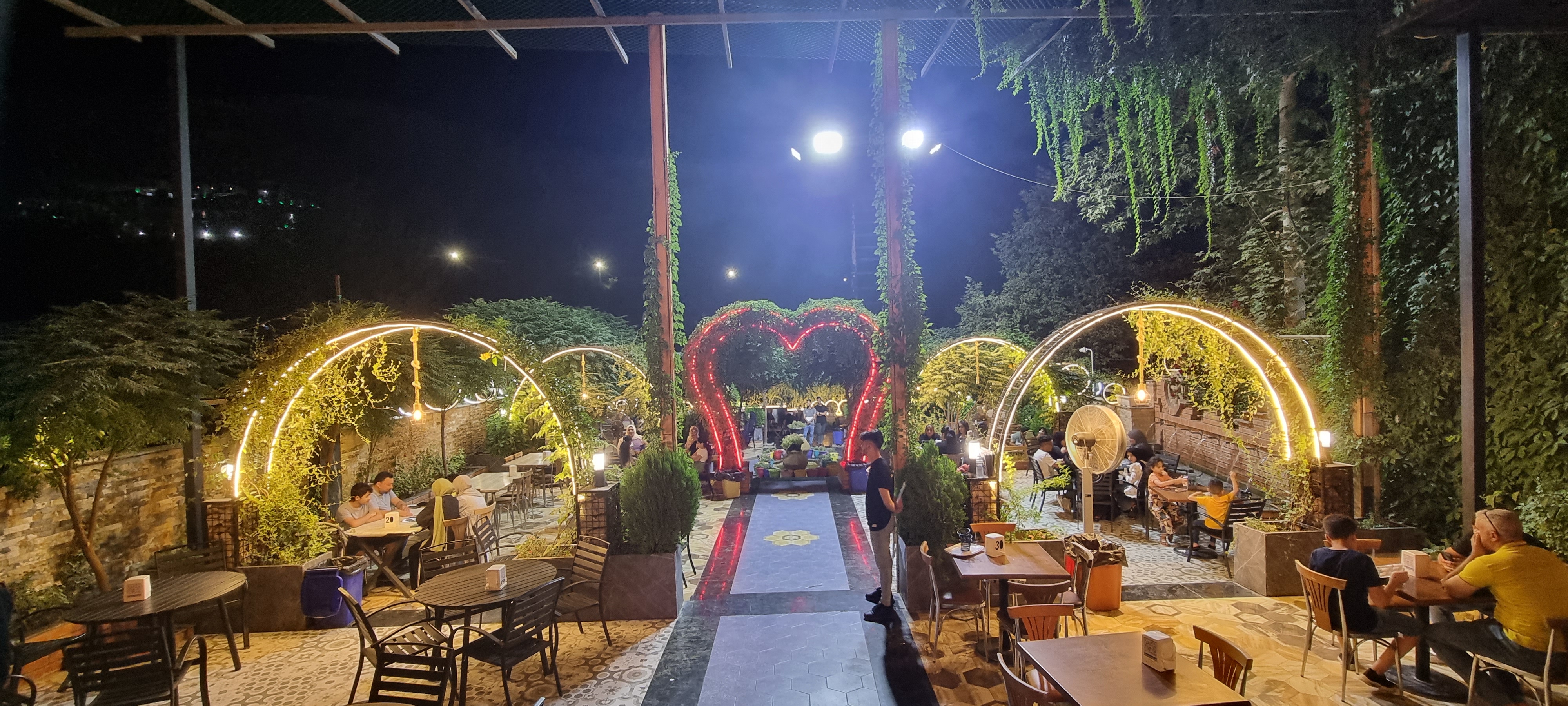
Summer tourism
Shwana Jawher Abdullah, a waiter, told Kurdistan Chronicle that the main visitors to Shaqlawa during the summer are primarily Arab tourists.
“The market is more active in summer, but in winter there is either less activity or nothing, so people save their money from summer and spend it in winter.”
According to Karimkhan, the tourists in Shaqlawa can be divided into two main categories: temporary visitors who spend just a few hours, often coming from nearby cities in the Kurdistan Region of Iraq (KRI), and more extended-stay tourists from other parts of Iraq, particularly Arab cities.
“It's noteworthy that the latter group tends to be from the middle to lower-middle economic classes, which aligns with Shaqlawa's economic profile,” he added.
Kareem Hussein, a tourist from Basra, told Kurdistan Chronicle that he came to Shaqlawa with his family. “We always come to Shaqlawa and explore. We came here because the weather is mild.”
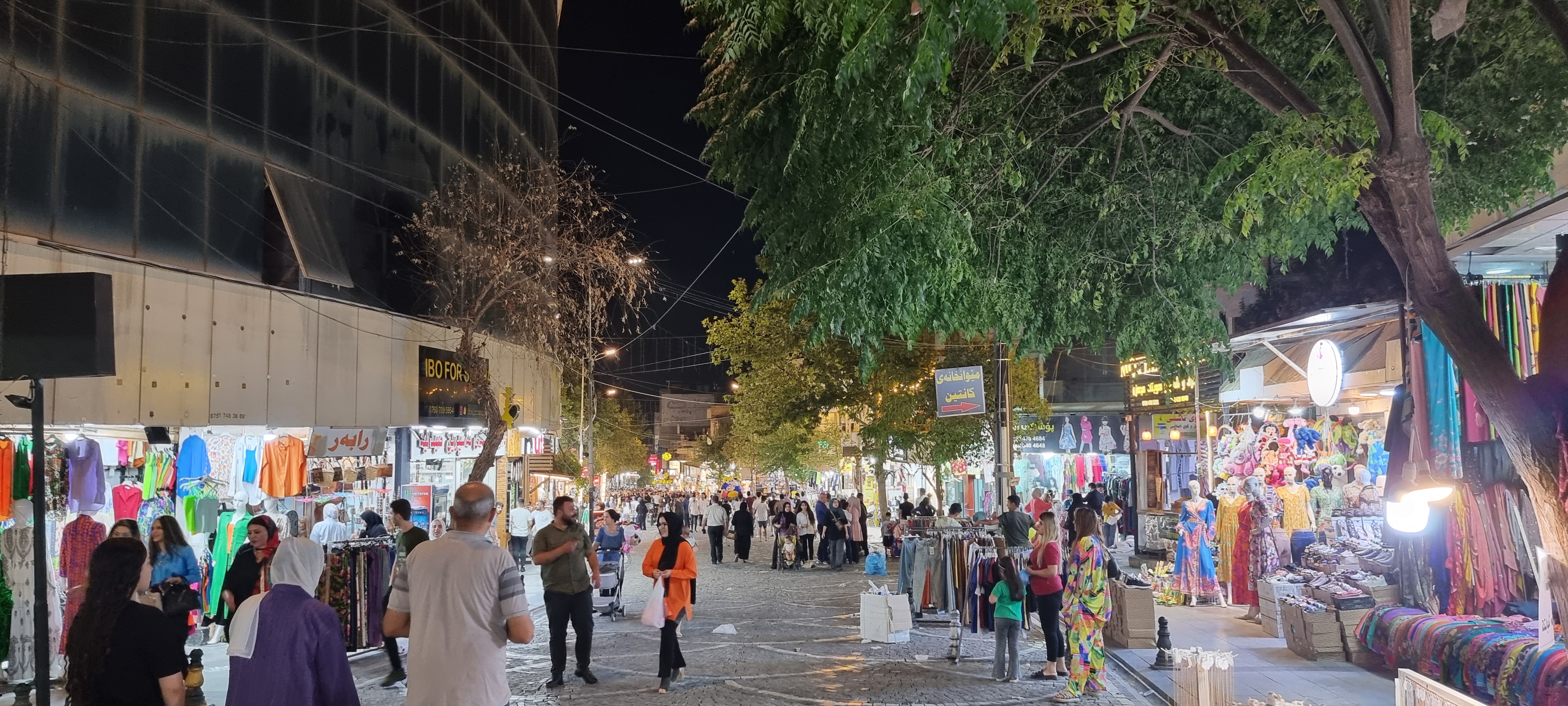
Moreover, he wanted to visit relatives in Shaqlawa.
Mohammed Hazim Fakhri Abbas, a tourist from Anbar, told Kurdistan Chronicle that he often comes to Shaqlawa. “We will stay here for five days and then go to Bekhal and Erbil. Shaqlawa is a nice place for tourists, that’s why I keep coming here.”
Mohammed Wrya Sleman, who works in a shop selling traditional products, as well as figs and nuts, said tourists also come from Arab Gulf countries.
“Shaqlawa is known for its mild weather, and we are famous for our local products, such as dried apricots and figs.”
He said that “people still come due to the mild climate,” despite difficult economic conditions.

Karwan Karimkhan, Acting Governor of Shaqlawa
Refuge for the displaced
Shaqlawa also saw an influx of thousands of displaced Sunni Arabs who fled ISIS in 2014. At one point the town was nicknamed Shaqluja, due to the high number of displaced persons coming from Fallujah.
“During the harrowing period of the war against ISIS, the city was subjected to demographic upheaval,” Karimkhan said. “The magnitude of the crisis was such that the number of displaced peoples rivaled the city's resident population.
However, he said that a significant portion of them have since returned to their homes.
“What's more, the appeal of Shaqlawa continues to draw interest from Iraqis seeking to establish residence in its serene environs,” he added.
He said the government needs to devise a strategy to safeguard the city's demographic heritage.
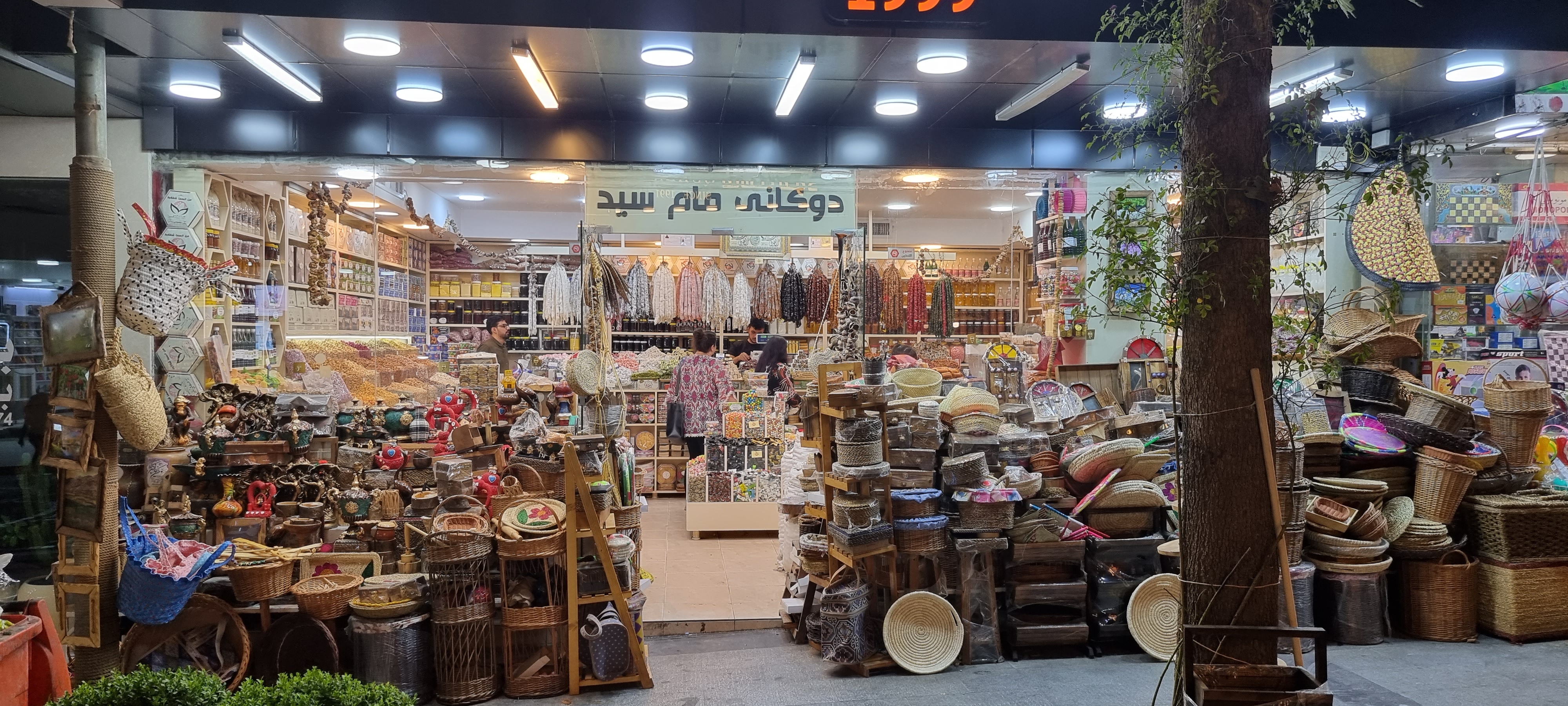
Religious coexistence
The bulk of Shaqlawa's population are Kurds and Chaldean Christians, and the city has a long history of religious coexistence.
“The rich tapestry of religious coexistence in Shaqlawa is visible throughout history, characterized by a traditional and spontaneous harmony among diverse faiths,” Karimkhan said.
He said that childhood friendships that span religious boundaries are a prime example of this tolerance.
He added that the culture of coexistence within Shaqlawa extended even to matters of death. “Notably, during a tragic incident where 23 Kurds, including young Christians, lost their lives post-uprising, the Christians adhered to Islamic rituals and interred their dead in Muslim cemeteries.
Another example of this coexistence is the Saint Boya shrine, known as Sheikh Wso Rahman among Muslims, in Mount Safeen. Dating to the 17th century, this shrine is a place of pilgrimage for both Christians and Muslims.
Governor Karimkhan underlined that it is the responsibility of the Kurdistan Regional Government to safeguard this cultural heritage of coexistence of Shaqlawa.
“By fostering an atmosphere of mutual benefit for Kurds and Chaldeans alike, the social legacy of coexistence can not only generate harmony but also contribute to the city's economic vitality,” he said.

High-class tourism
Moreover, Karimkhan says the local authorities hope to elevate Shaqlawa's status to a hub of "high-class residential tourism," thereby strengthening the local middle-class economy. “This shift could be pivotal in transforming the city's economic landscape.”
“One strategy involves enriching the factors that attract discerning tourists, such as fostering scientific tourism by creating facilities like an astronomical observatory on Mount Safeen or promoting geotourism,” he said.
“Simultaneously, an environment conducive to slow driving and adequate parking can be cultivated. Implementing sustainable and clean transportation systems, including pedestrian and cycling infrastructure, would not only alter the city's noisy ambiance but also usher in a more tranquil way of life.
Karimkhan said Shaqlawa could bolster its tourism sector by diversifying its visitor base and transform into a year-round destination, “contributing to the city's long-term growth and vibrancy.”
Mount Safeen
But Shaqlawa has one more advantage: its proximity to Mount Safeen and its captivating landscape, adorned with abundant trees, valleys, and ravines. This natural richness has attracted mountaineers who visit the mountains, mostly in the cooler seasons.
In March 2023, a Guinness World Record was set on Mount Safeen for the world’s largest hike, with over 800 hikers and 100 volunteers participating. Every year in March, mountaineers also light a Newroz fire on the mountain.
“With its proximity to various cities in the KRI, particularly Erbil, Mount Safeen's allure extends across all four seasons, making it an ideal destination for climbing and other sports activities, including swimming,” Karimkhan said.
“In light of this, we propose the establishment of a Sports Tourism Foundation as a national initiative, strategically anchored in Shaqlawa. Broadly, our vision involves cultivating a culture of mountaineering, elevating patriotic sentiments through a harmonious relationship with nature,” Karimkhan said.
Capitalizing on this opportunity, the company Safari Kurdistan has orchestrated bike rides along the expanse of the Safeen mountains.
Furthermore, nestled within the mountains is the captivating Music Valley, a favorite destination among hikers. It earned its name from the harmonious symphony of birds that grace the area with their melodic songs.
Karimkhan also explained how local authorities have engaged local climbers to engage in tree planting initiatives. “We undertook tree planting efforts on Mount Safeen this spring, exemplifying our commitment to preserving and enriching the environment.”
Moreover, Shaqlawa’s authorities are working to address waste disposal on Mount Safeen and foster a culture of cleanliness among climbers, as many people leave waste after hikes or picnics.
“Additionally, the establishment of volunteer firefighting units and promoting the compassionate treatment of animals stand as important objectives on our agenda,” the governor said.
“As we strive to enhance its prominence, we aim to foster a harmonious coexistence between people, nature, and sports, thereby elevating both Shaqlawa and its beloved mountain to new heights of prominence and conservation,” Karimkhan underlined.
Adam Mirani, a Kurdish-Canadian photographer living in Erbil, told Kurdistan Chronicle that “Safeen Mountain is not just a backdrop to Erbil; it’s an untapped resource for sustainable tourism.”
“With its wealth of outdoor activities – from hiking and rock climbing to camping – Safeen offers a model for how tourism can be both enriching and responsible. What it needs now is a long-term vision to ensure that its natural beauty is preserved for the generations that follow.”
Wladimir van Wilgenburg is a seasoned reporter and analyst who specializes in Kurdish affairs, and holds a Master’s degree in Kurdish studies from Exeter University.
